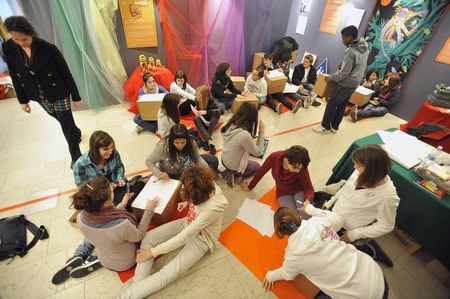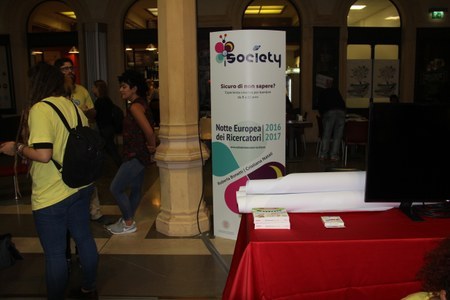With the Third Mission, Universities come into direct contact with vital sectors of society and have an impact on its overall well-being.
Here you can consult those initiatives that touch one or more Third Mission indicators. The items in this section are updated in consonance with the inclusion of new projects on the platform.

A meeting point between extremely diverse realities, REAL lab aims to promote virtuous initiatives in the fields of anthropology, education and research, initiatives in fruitful dialogue with the university and which can have a lasting relationship with the latter.
The material on the platform is linked in various degrees to the main Third Mission indicators such as public engagement, continuing education and heritage management.
The site itself responds to a need for cultural and social TM, as a communication and scientific dissemination initiative and as a digital product aimed at a non-academic audience.
Identity accessories. Picture by Alessio Coser.

With the expression "continuing education" we refer to a series of training activities promoted by the university, not addressed to traditional users, i.e. students of three-year, master, single-cycle, or Ph.D. courses. The university, as a centre for research and advancement of knowledge, can contact the needs of a wide range of individuals who may be interested in specific training for both work and leisure activities. Continuing education activities also include refresher courses for school teachers to increase the exchange between university teachers and researchers.

The public engagement indicator refers to a set of initiatives organized by the university aimed at a non-academic audience. These projects are non-profit and have an educational and cultural purpose for the development of society. Public engagement includes music, theatre and sports events open to the community, as well as the organization of festivals, urban development projects and health protection initiatives. If intended for a non-academic audience, public engagement initiatives include print and digital publications, as well as radio and television programs and website creation.